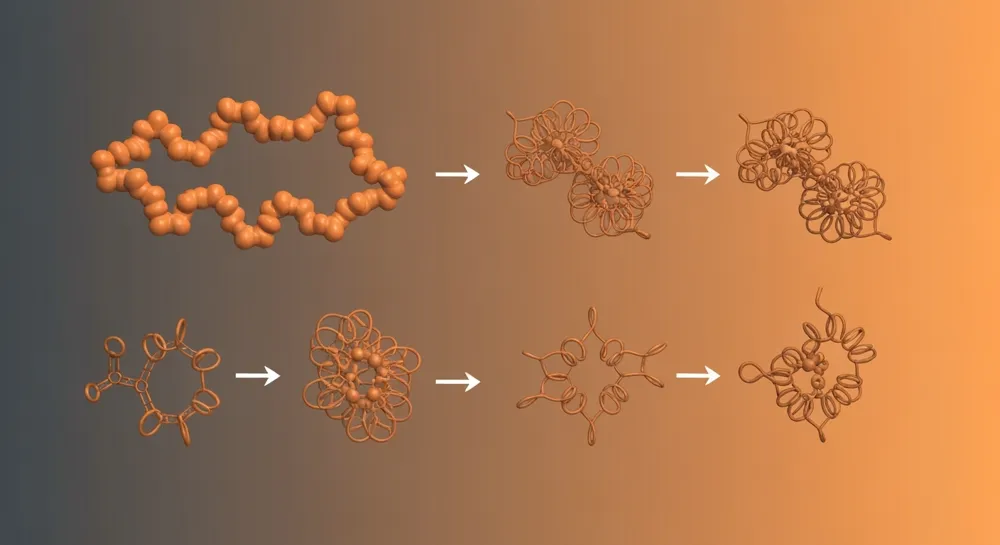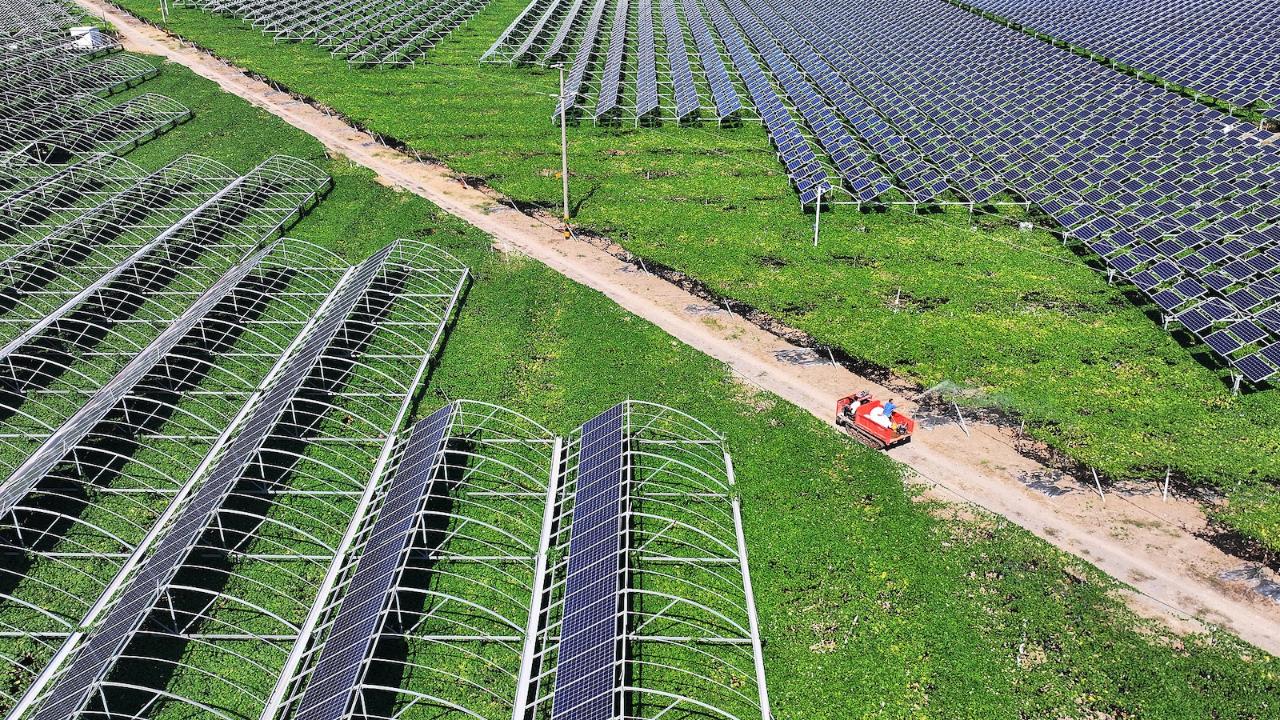E. coli Transforms Plastic Waste into Painkillers

Scientists have found a groundbreaking way to turn waste plastic into painkillers, an innovation that could greatly impact environmental sustainability and medicine. By utilizing a common bacterium known as Escherichia coli (E. coli), researchers at the University of Edinburgh have engineered it to digest plastic-derived molecules and convert them into paracetamol, a widely-used painkiller. This development not only offers a strategy to address the growing problem of plastic waste but also suggests that biology can lead to a more sustainable production method for pharmaceuticals.
E. coli, typically associated with foodborne illnesses, is being repurposed in biotechnology labs as a workhorse for a variety of applications. Its well-understood genetic makeup allows scientists to modify it for specific tasks, such as producing pharmaceuticals or breaking down waste. For instance, the researchers converted polyethylene terephthalate (PET), a common plastic, into materials that E. coli could consume. They then genetically engineered the bacterium to turn this plastic into paracetamol using a unique chemical reaction that had previously not been observed in living organisms. This dual-function capability—cleaning up plastic waste while producing a vital medication—highlights the versatility of E. coli as a biotechnological tool.
As we delve deeper into the capabilities of microbes, it's worth asking: could we be limiting our potential discoveries by relying heavily on E. coli? While E. coli remains the favorite in scientific research and application due to its rapid growth and ease of manipulation, some microbiologists advocate for exploring alternative organisms. For example, Vibrio natriegens is gaining attention for its ultra-fast growth rate and efficient uptake of foreign DNA, showing promise for future biotechnology applications. As we confront pressing global challenges, including environmental sustainability, broadening the scope of microbial research could unlock new, innovative solutions.
Read These Next

Streetlight Charging: Revolutionizing EVs
A Pennsylvania State University research team has successfully converted streetlights into electric vehicle charging stations, providing a cheaper and more effective alternative to traditional installations while considering urban equity.

AI Surge in Venture Capital: A Game Changer
Analysis of the recent PitchBook report indicating a historic investment surge in AI startups within the venture capital sector, exceeding half of total funding.

China Aims to Accelerate Green Transition in All Sectors
China plans to speed up its green economy transition with investments in technology and eco-friendly practices to combat pollution.
